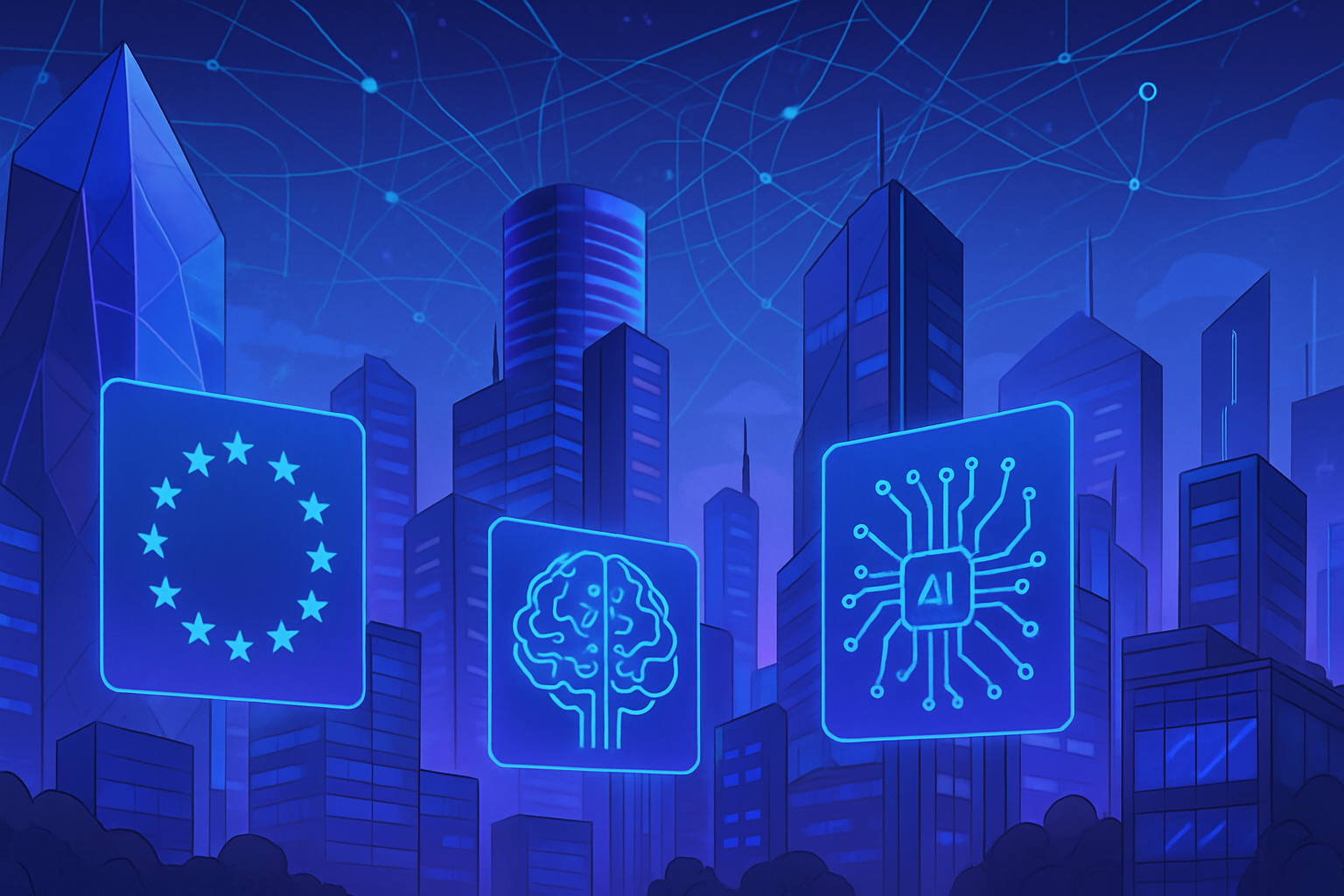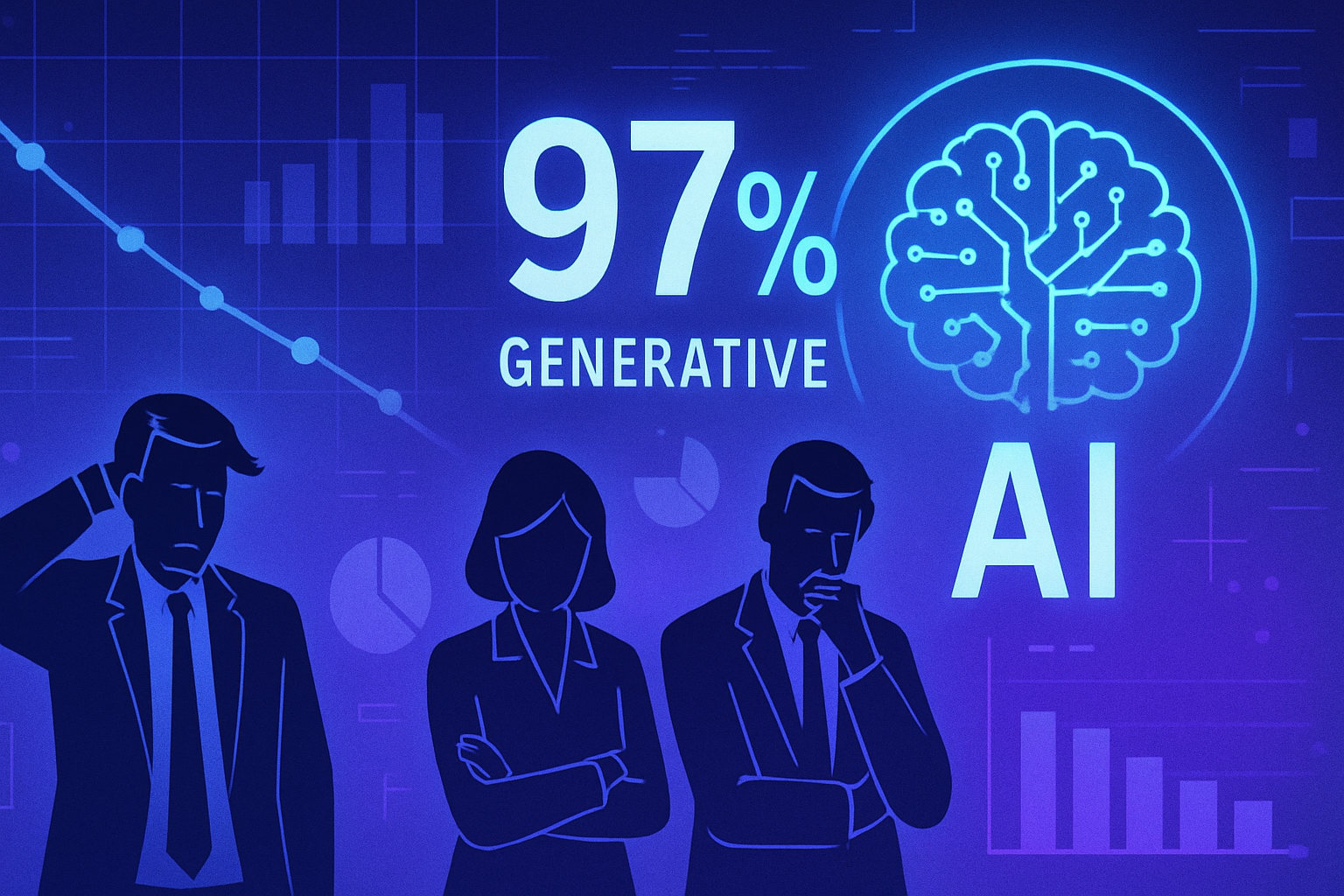The artificial intelligence legislation of the European Union is progressing relentlessly, affirming its established schedule. In the face of resistance from illustrious tech companies, the EU’s resolve remains unwavering. The imposed regulations are fundamental to frame a sector in full global upheaval. Through this legal framework, the EU aims to prevent unacceptable risks while promoting innovation. Technological actors will now have to adapt quickly to navigate this new environment.
The EU maintains its timeline for AI legislation
The European Commission stands firm on its timetable for implementing artificial intelligence (AI) legislation. Recent information indicates that this position comes following pressures from more than one hundred tech companies. They are calling for a delay in the enforcement of the AI Act, fearing that this legislation could hinder Europe’s competitiveness in the AI sector.
Reactions from technology giants
Companies such as Alphabet, Meta, Mistral AI, and ASML are among the voices rising against the proposed legislation. They argue that the regulations in question could harm innovation and growth within the European market. Their concerns also focus on the implications of regulation in such a dynamic sector.
Position of the European Commission
Thomas Regnier, spokesperson for the European Commission, explicitly stated: “There is no pause planned”. This statement was made in response to various letters and requests from opposing companies. The message is clear: the European Union does not intend to backtrack on its timetable for establishing AI regulations.
Regulatory framework of the AI Act
The AI Act proposes a regulation focused on the risks associated with AI applications. Some uses considered “an unacceptable risk” will be completely banned, such as behavioral manipulation or social scoring. Other uses, deemed high risk, specifically concern biometrics and facial recognition.
Application developers will need to register and comply with risk management obligations to access the European market. An additional category of applications, specifically chatbots, will be classified as “limited risk”, subject to lighter transparency obligations.
Implementation timeline
The deployment process of the AI Act was initiated the previous year, with a gradual implementation of the rules. The entirety of the legislation is expected to come into effect by mid-2026, marking a decisive turning point in the governance of AI within the EU.
Importance of regulating AI technologies
The implementation of this regulation holds particular significance in the current context of technological innovation. As AI systems continue to develop at an unprecedented rate, ensuring effective regulation is essential to preserve user rights and guarantee ethical use of technologies.
The debates surrounding this legislation raise numerous questions, particularly regarding the balance between innovation and regulation. The implications of these new rules will influence not only the European technological landscape but also its role on the global stage.
Companies such as Meta are actively exploring how to comply with these rules while continuing to innovate. This context reinforces the dynamics of AI as a domain of strategic competitiveness for Europe.
As the regulatory landscape continues to evolve, it is essential to monitor the developments in AI legislation. This emerging regulation could transform not only technological development but also social norms regarding the use of these technologies. It is difficult to assess the exact consequences, but it remains a current issue in the debate over ethics and AI.
The stakes surrounding open-source artificial intelligences and their regulation are also significant. More information can be found on these topics in this article about the unknown stakes of open-source AIs.
Frequently asked questions about the EU AI legislation
What is the EU AI Act?
The AI Act is a legislation designed to regulate the use of artificial intelligence within the European Union, prohibiting certain uses deemed unacceptable and establishing obligations for high-risk applications.
When will the AI Act be fully applied?
The full implementation of the AI Act is expected by mid-2026.
What are the risk categories defined by the AI Act?
The AI Act distinguishes several categories: unacceptable uses, high-risk uses (such as biometrics and facial recognition), and limited-risk applications (such as chatbots), each with specific requirements.
Why do some tech companies wish to delay the AI Act?
Companies like Alphabet and Meta fear that this legislation could harm Europe’s competitiveness in the field of artificial intelligence by imposing strict regulations that could stifle innovation.
What are the penalties for non-compliance with the AI Act?
Systems that do not comply with the AI Act requirements face significant penalties, ranging from financial fines to being banned from accessing the European market.
Do developers of artificial intelligence applications need to register their systems?
Yes, developers of high-risk applications must register their systems and comply with risk and quality management obligations to access the EU market.
What are the implications for innovation in the AI sector in Europe?
While the aim of the AI Act is to protect consumers and manage risks, some experts argue that strict regulations could slow the development and implementation of new technologies in Europe.
What types of AI applications are considered low risk?
Applications like chatbots, which do not pose a serious threat to security or privacy, are considered limited-risk solutions and are subject to lighter transparency obligations.






